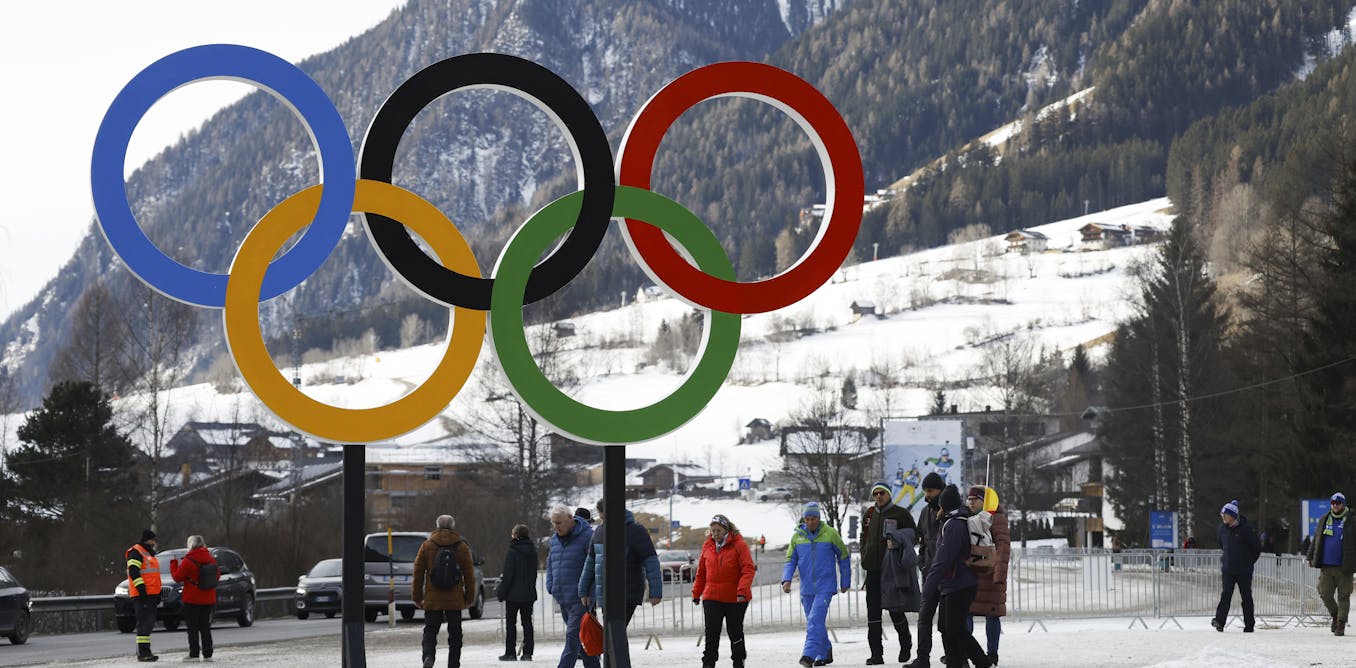This article is part of our exclusive IEEE Journal Watch series in partnership with IEEE Xplore.
In many arid regions around the world, desalination of saltwater is an important means to acquire drinking water. One of the most common desalination techniques is through a process called reverse osmosis. However, the pumps used for reverse osmosis desalination require immense amounts of electricity—which raises questions on how to ensure this process is completed in an economical and energy-efficient way.
New research shows that hybrid energy grids that rely on a mix of renewable and fossil fuel energy are up to the task, so long as the timing of freshwater production is right. In some situations, it may even be more financially and energy efficient to put that generated energy toward desalination rather than store it in batteries for use later. Money can be saved by only producing freshwater when renewable energy production is high. The results are described in a study published 5 October in the Journal of Modern Power Systems and Clean Energy.
“If a significant percentage of the electricity demand in a power system is due to freshwater production, it is appropriate to coordinate the operations of the freshwater system and the power system as they are linked, and such coordination may result in economic savings and reduced unserved power and water demand,” explains Antonio Conejo, a professor of engineering at Ohio State University.
Conejo’s Ph.D. student, Mubarak Almubarak, is from Kuwait and was interested in assessing the energy-grid demands of different scenarios in the Middle East—for example, in a situation where demand for desalination is high and renewable-energy production is still low. In comparison, arid places like California or Texas may still have desalination plants, but a higher portion of their energy comes from renewable sources.
Their analysis suggests mixed renewable systems like those in California or Texas would see the greatest economic benefit in terms of coordinated desalination times, focused on times when renewable energy is peaking—for example, at noon on a sunny day, when solar power production is highest and costs are lowest.
However, this economic efficiency “mostly vanishes” under scenarios with 100 percent renewable grids, says Conejo, because the cost of producing electricity is similar throughout the day. Nevertheless, he notes that this approach, whereby the production of freshwater is appropriately timed throughout the day based on energy production, could still be useful for regions that are ramping up their use of renewable sources and are at the hybrid stage of production.
“[Because] freshwater tanks are cheaper than electrical batteries, it seems appropriate to fully exploit the ability of tanks to displace energy production/consumption, and then, if needed, to use electrical batteries for the same purpose,” Conejo says.
This post was updated on 5 December to clarify that the authors examined…
Read full article: Desalination Can Beat Out Batteries for Excess Energy

The post “Desalination Can Beat Out Batteries for Excess Energy” by Michelle Hampson was published on 12/04/2023 by spectrum.ieee.org



































